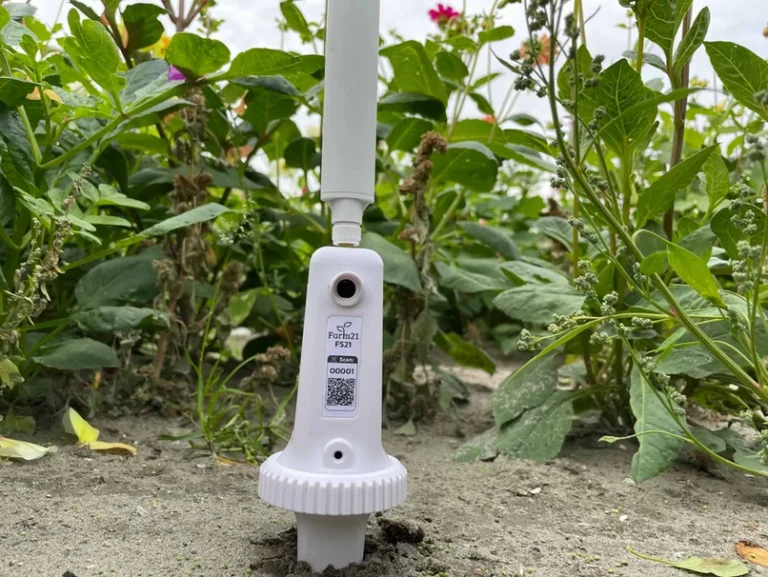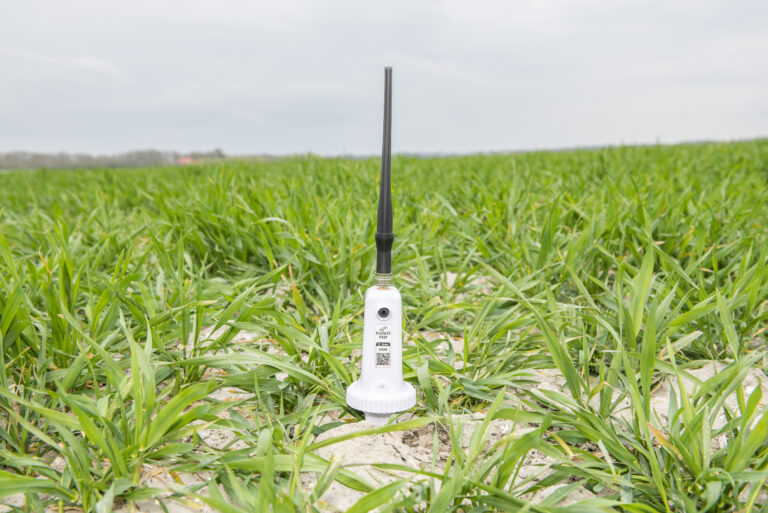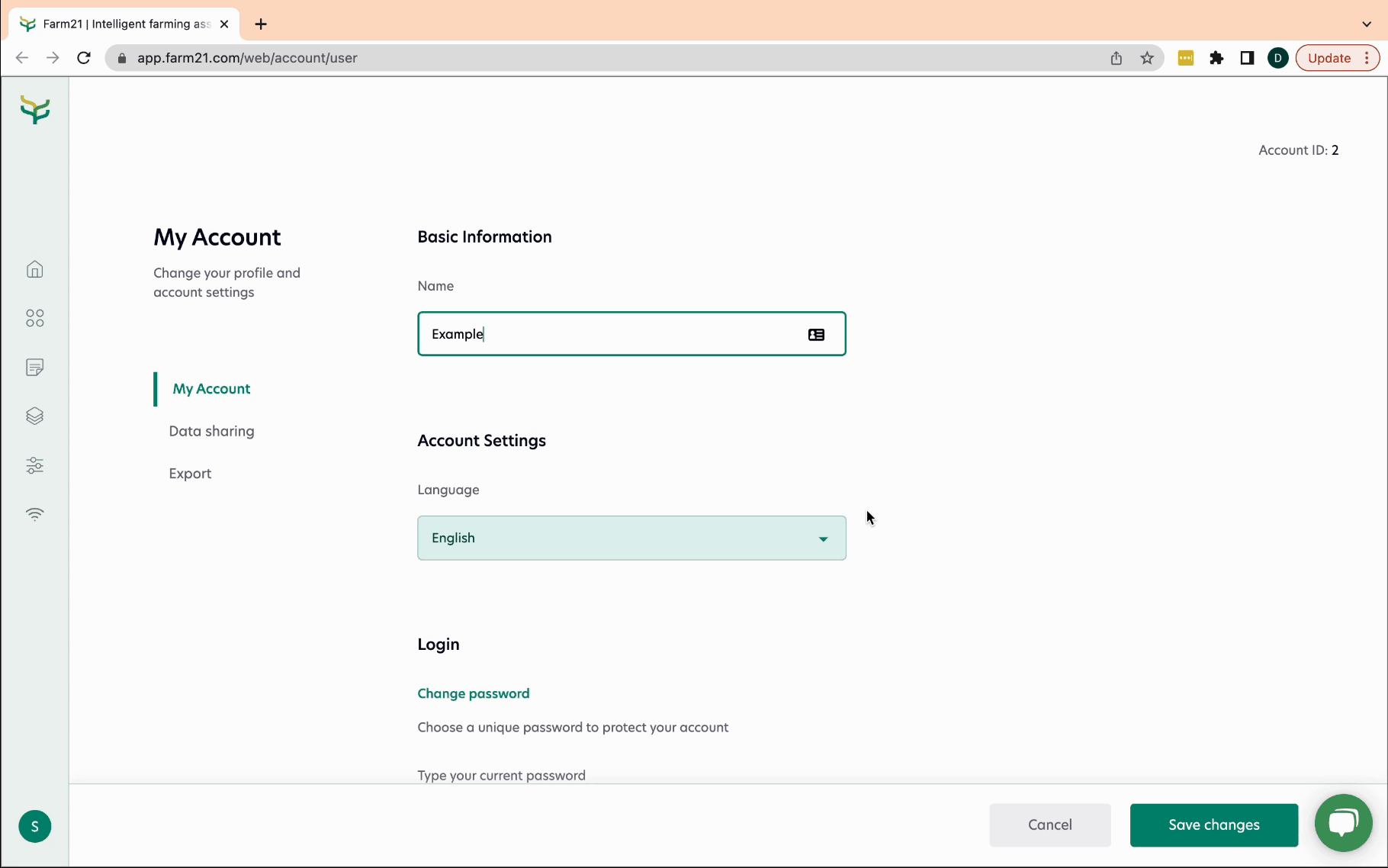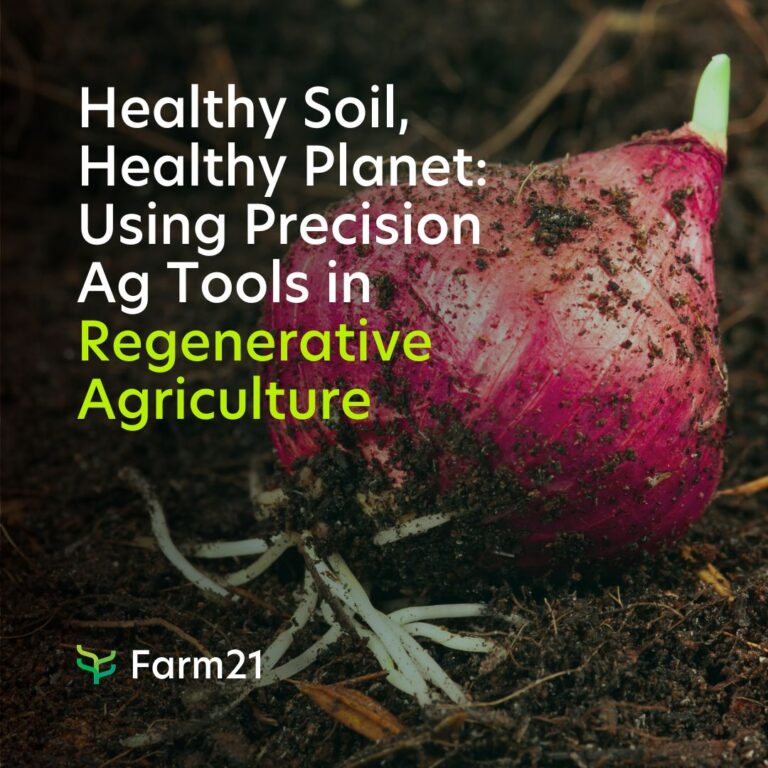Better Metadata for Field Trials: Accurate Agricultural Research for a Sustainable Future
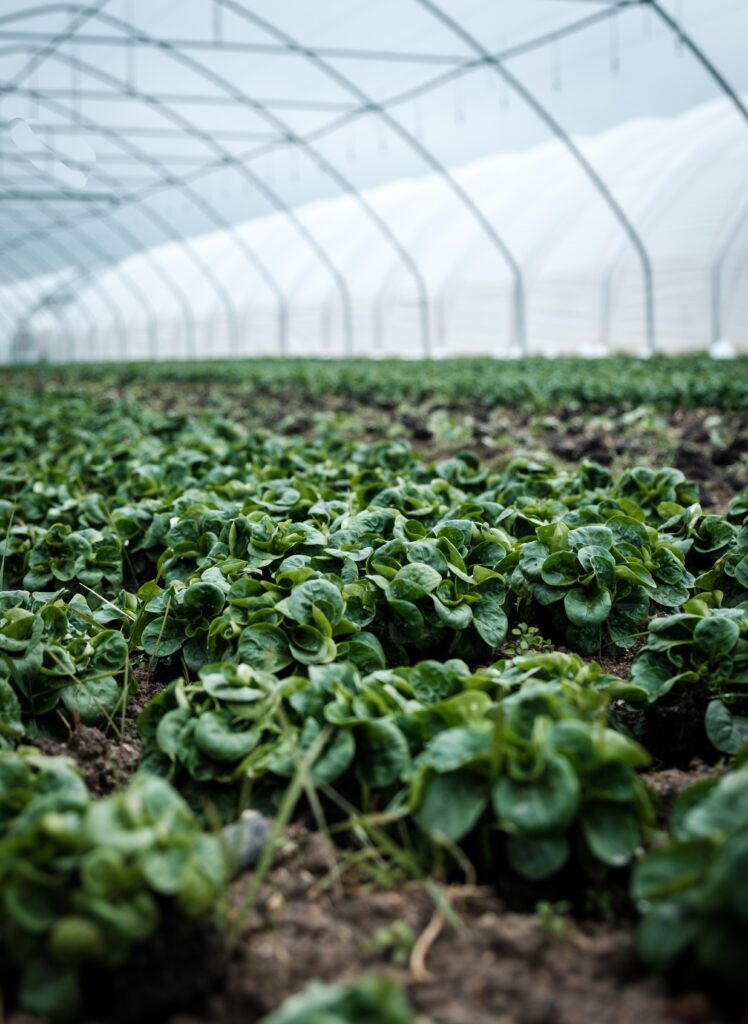
In this blog post, we will discuss the importance of generating more and better metadata for field trials in agricultural research, as well as how precision farming tools like soil moisture sensors, farming data platforms, and satellite imagery can help improve the quality and quantity of metadata.
The Importance of Agricultural Research in The 21st Century
Agriculture is the foundation of civilisation, providing food and fuel for societies across the world. It is one of the oldest and most important industries, with the potential to make a significant impact on the economy, the environment, and the well-being humans worldwide. Agricultural research is an essential component of this industry, helping to develop new technologies, products, and methods to improve the efficiency, productivity, and sustainability of farming practices.
One of the key reasons why agricultural research is important is because it helps to address the main challenges facing the agriculture industry today. These include climate change, population growth, and the demand for sustainable and nutritious food and are all issues that require innovative solutions. Through research, scientists can develop new techniques and technologies that can help farmers adapt to these challenges and produce more in a sustainable and efficient manner.
Agricultural research is also important because it helps to improve food security, which is a critical issue in many parts of the world. According to the United Nations, more than 820 million people suffer from chronic hunger, and this number is projected to increase in the coming years. Through research, scientists can develop new crop varieties that are more resistant to pests and diseases, more drought-tolerant, and more productive. These new varieties can help to increase crop yields, reduce crop losses, and improve the availability of nutritious food.
Moreover, agricultural research can also lead to significant economic benefits. It can help farmers to increase their profits by improving the quality and quantity of their crops, reducing their production costs, and opening up new markets for their products. Additionally, agricultural research can create new jobs and promote economic development in rural communities. For example, the development of new technologies and products in the agriculture sector can lead to the growth of related industries such as food processing and biotechnology.
Another reason that is definitely worth mentioning why agricultural research is important is that it can help to promote sustainability and reduce the environmental impact of agriculture. Sustainable agriculture is a key goal for many farmers and policymakers, as it can help to preserve natural resources and reduce greenhouse gas emissions. Food production companies are under pressure to adhere to various restrictions imposed by national and international governing bodies. Through research, scientists can develop new methods and technologies that can help farmers to reduce their water use, minimise soil erosion, and use fertilisers and pesticides more efficiently.
Agricultural research is an essential component of the agriculture industry, helping to address the challenges facing the industry, improve food security, promote economic development, and reduce the environmental impact of agriculture. Without agricultural research, it would be difficult to meet the needs of a growing population and ensure the sustainability of the agriculture sector. Therefore, it is important to continue investing in agricultural research to support the growth and development of the agriculture industry and help to create a more sustainable and prosperous future for all.
Better Data Drives Better Research
Metadata is data that provides information about other data. In the case of field trials, metadata provides information about the conditions under which the data was collected. This information is essential to ensure that the data is accurate and reliable, and to help agriculture researchers to analyse and interpret the data. Without metadata, it is difficult to know whether the data collected is representative of the conditions under which the crops are grown.
For example, metadata can provide information about the soil type, the weather conditions, the type of fertiliser used, and other factors that may impact the growth of the crops. This information can help researchers to understand why certain treatments were more effective than others, and to identify areas for improvement.

Generating More and Better Metadata
Generating more and better metadata for field trials in agricultural research requires a multi-pronged approach. The following are some of the key steps that can be taken to improve the quality and quantity of metadata:
- Use Precision Farming Tools – Precision farming tools can help to collect more accurate and reliable data, which can improve the quality and quantity of metadata. For example, soil sensors can be used to collect data about the moisture content of the soil. This information can be used to optimise irrigation, reduce water usage, and improve crop yields. In addition, using precision farming tools can help to reduce the amount of manual labour required to collect data, which can save time and reduce the risk of human error.
- Standardise Data Collection Methods – Standardising data collection methods can help to ensure that the data collected is consistent and comparable across different trials. This can be achieved by using standardised protocols for data collection, and by ensuring that all researchers are trained to use these protocols. Standardisation can also help to reduce the risk of errors and ensure that the data is accurate and reliable.
- Implement a Farming Data Platform – Implementing a farming data platform can help to streamline the collection and management of data, which can improve the quality and quantity of metadata. A farming data platform can be used to collect data from a range of sources, including precision farming tools, weather stations, and other sensors. This data can then be stored in a centralised database, where it can be accessed and analysed by researchers.
- Use Satellite Imagery – Satellite imagery can be used to collect data about the conditions under which crops are grown. For example, satellite imagery can be used to measure the amount of vegetation in a particular area, which can provide information about the health and growth of crops. This information can be used to optimise the use of fertilisers, pesticides, and other agricultural inputs, and to improve the quality and quantity of crops.
- Improve Data Analysis Techniques – Improving data analysis techniques can help to extract more information from the data collected, which can improve the quality and quantity of metadata. This can be achieved by using advanced statistical techniques, machine learning algorithms, and other analytical tools.
These tools are play an important role in helping researchers to identify patterns in the data, predict future outcomes, and optimise agricultural practices and provides a solid basis for data-driven farming.
Effects of Improved Metadata in Field Trials
Improving the quality and quantity of metadata collected during field trials can help agricultural researchers solve a wide range of problems and develop more effective strategies for improving crop yields, disease resistance, and sustainable agriculture practice:
- Sustainable agriculture. Sustainable agriculture practices rely heavily on understanding the complex interactions between different environmental factors, including soil quality, water availability, and biodiversity. By collecting more detailed metadata during field trials, researchers can better understand these interactions and develop more effective sustainable farming practices. For example, by collecting data on soil carbon levels, researchers can develop strategies to improve soil health and reduce greenhouse gas emissions from agriculture.
- Disease resistance: Metadata collected during field trials can also help researchers identify crops that are more resistant to various diseases. By collecting data on factors such as humidity, temperature, and pest populations, researchers can determine which crops are most likely to resist certain diseases and develop new varieties that are more resistant to them.
- Improved crop yields: Researchers conducting field trials on crop yields need to collect data on various environmental factors, such as soil moisture, temperature, and sunlight. By improving the metadata collected during these trials, researchers can identify which environmental factors are most important for crop growth and adjust their farming practices accordingly. For example, by collecting more detailed data on soil nutrients, researchers can identify which crops are most likely to thrive in a particular area and develop more effective fertilisation strategies.

How Researchers Can Use Farm21’s Solution
Farm21’s data platform system integrates various technologies such as satellite imagery, weather data, and soil moisture sensors to help farmers and agriculture researchers optimise their operations. Here are a few ways in which Farm21 can help agriculture researchers generate better metadata for field trials:
- Data integration: Farm21 can integrate data from multiple sources such as soil sensors, crop sensors, and weather stations to provide researchers with a more comprehensive view of their fields. By combining this data with other sources such as satellite imagery, Farm21 can help researchers generate better metadata for field trials and better understand the complex interactions between different environmental factors.
- Real-time monitoring: Farm21 provides real-time monitoring of various environmental factors such as soil moisture, temperature, and humidity. This can help researchers collect more accurate data and generate more precise metadata for their field trials.
- Higher data-density: Farm21’s soil moisture sensors are the most affordable devices on the market, meaning researchers can deploy the devices at scale for more data. Their plug and play design makes it perfect easy installation in large or remote fields, so nothing has to be left out.
- Collaborative research: Farm21 provides a platform for collaborative research, enabling researchers from different organisations and disciplines to share data and insights. This can help researchers generate more comprehensive metadata for field trials and develop more effective strategies for improving crop yields, disease resistance, and sustainable agriculture practices.
Overall, Farm21 can help agriculture researchers generate better metadata for field trials by providing data integration, real-time monitoring, high data density, and collaborative research capabilities. By leveraging these technologies, researchers can make more informed decisions and develop more effective strategies for optimising crop performance for a more sustainable future.

